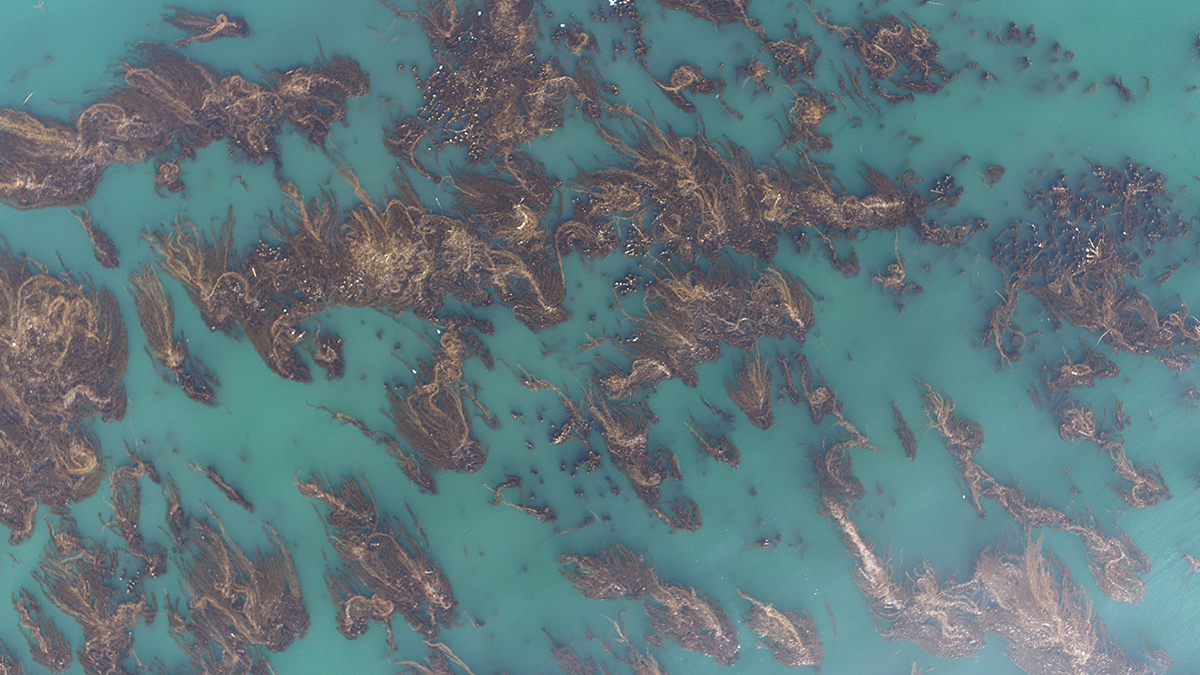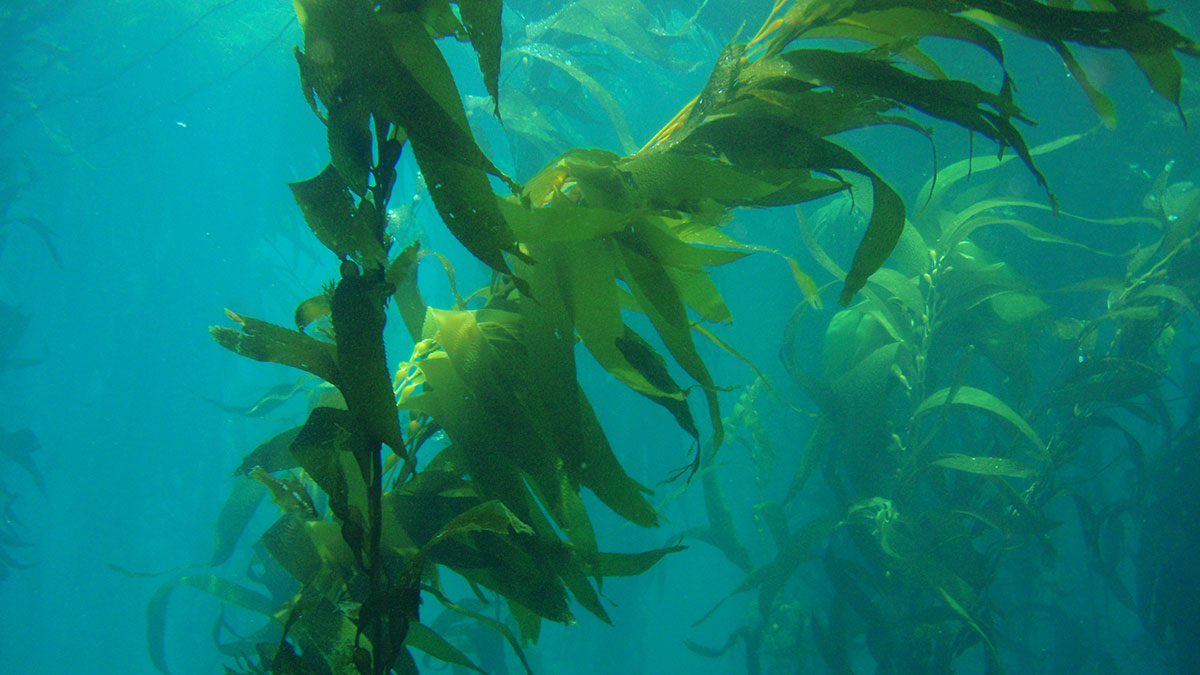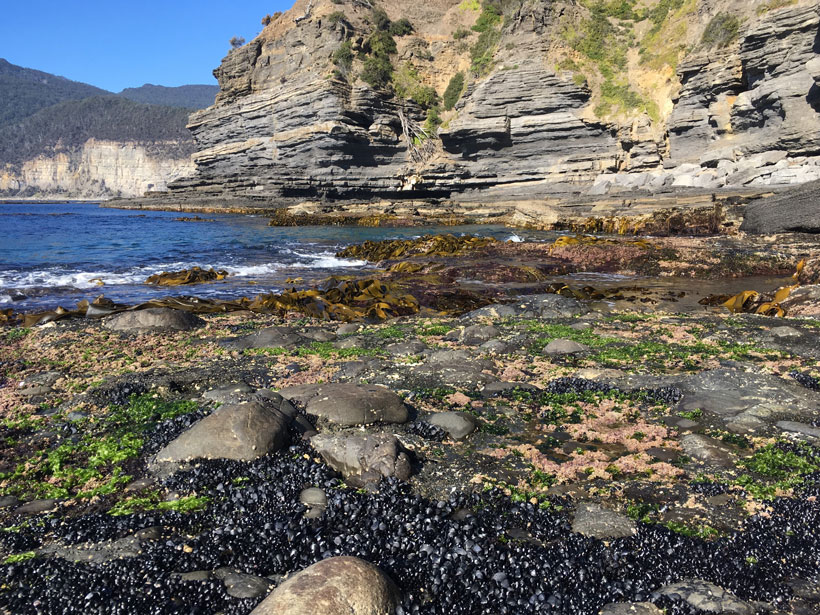Kelp forests are under increasing stress as oceans warm, but decades of satellite data have revealed the importance of maintaining fishing-restricted areas for climate resilience.
kelp
هل يمكن لغمر الأعشاب البحرية أن يبرّد المناخ؟.
يمكن للأعشاب البحرية المغمورة أن تخزّن الكربون في قاع المحيط، ولكن يظل من غير الواضح مدى فاعلية هذه الاستراتيجية، وكيف ستؤثر على صحة المحيط.
Cuando los bosques en la tierra arden, los bosques submarinos sienten el impacto
El kelp es un hábitat, un sumidero de carbono y un agente aglomerante en tu helado. Pero estudios recientes muestran que los bosques de kelp en California son afectados por el destino de sus contrapartes sobre tierra.
Can Submerging Seaweed Cool the Climate?
Submerged seaweed can store carbon at the bottom of the ocean, but how effective the strategy will be—and how it will affect ocean health—remains unclear.
When Forests on Land Burn, Forests Underwater Feel the Impact
Kelp is a habitat, a carbon sink, and a binding agent in your ice cream. But new research shows that California’s kelp forests are affected by the fate of their counterparts on land.
Kelp’s Carbon Sink Potential Could Be Blocked by Coastal Darkening
Coastal darkening, an environmental threat researchers are only beginning to study, is found to dramatically reduce the productivity of kelp.
Acidifying Oceans Could Get Help from Kelp
Forests of fast-growing kelp influence the chemistry of the water in which they live. A new study evaluates their potential to ameliorate ocean acidification in sensitive coastal ecosystems.
Sunlight Stimulates Brown Algae to Release Organic Carbon
Sargassum and other brown algae might be an underappreciated contributor of organic compounds called polyphenols to the open ocean.
Tropical Corals Are Migrating Away from Warming Waters
In the first global assessment of its kind, researchers discovered that coral recruitment is declining globally and throughout the tropics while increasing in the subtropics.
Keeping a Watch on Seaweeds: The Forests of the World’s Coasts
Planning the Implementation of a Global Long-Term Observing and Data Sharing Strategy for Macroalgal Communities; Hobart, Tasmania, Australia, 24–26 September 2018










